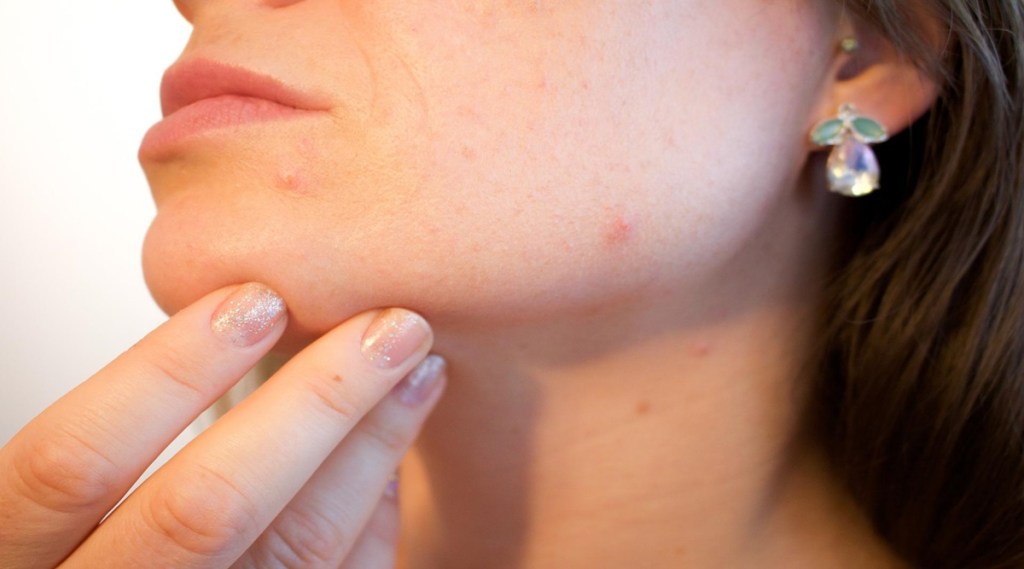By Dr. Neena Kondapally
Skincare is not just a superficial concern; it is an essential aspect of our overall health and well-being. Our skin is the largest organ of the body and plays a vital role in protecting us from external aggressors. It acts as a barrier against harmful pollutants, UV radiation, and various other environmental factors. Therefore, it is crucial to invest in proper skincare practices to maintain healthy and radiant skin.
How to select the best for your skin?
Certain key skincare ingredients have achieved a lot of popularity for their remarkable benefits that they offer. These three ingredients are retinol, vitamin C, and hyaluronic acid. Each of these ingredients have almost become staples in skincare and they offer unique advantages for our skin.
Is Retinol the best for your skin?
Retinol has effective anti-aging properties. It powers the collagen production and works highly beneficial on improving the skin’s elasticity. This Vitamin A derivative diminishes the annoying fine lines and wrinkles from the face. One can buy retinol over the counter, without a prescription, and it is found in the form of serums, creams, lotions, etc. Retinol boosts skin cell production and helps unclog pores. Retinol also exfoliates your skin and lends your skin a fresher, plump appearance. One of the best things about Retinol is that it starts repairing your skin right at the moment when you apply it, however, for visible results, you will have to hold your breath (not literally) for a few weeks.
When can you use Retinol?
As the wise men say, one solution does not fit all, the same stands true for the usage of retinol. If you have a sensitive skin, or has conditions like rosacea, then strong topicals like retinol can be unbearable for your delicate skin. Also, if you spend most of your time outside, under the sun, then avoiding retinol is a smart idea. Quite a few retinols are not recommended for expecting and lactating mothers.
Is Vitamin C the best for your skin?
Vitamin C, a potent antioxidant, is known for its brightening and protective effects on the skin. It helps to inhibit the production of melanin, reducing the appearance of dark spots, hyperpigmentation, and uneven skin tone. Vitamin C also assists in neutralizing free radicals, which can damage the skin and contribute to premature aging. Moreover, it aids in collagen synthesis, promoting firmness and a youthful complexion. This magical potion is loaded with antioxidants and makes skin look radiant and youthful. It enhances the tissue repairment and collagen synthesis for healthy skin. Apart from working on age signs, vitamin C works efficiently on skin hydration, aids injury and lends sun protection to your skin.
When can you use Vitamin C?
Vitamin C is mostly suitable for all skin types and can be used at any time of the day. It’s more common to use vitamin C in the morning since its antioxidant properties act as a shield to deflect pollution and other environmental aggressors. Start your skincare routine by cleansing your face with a gentle face wash, then apply toner and spread a few drops of vitamin C serum all over your face. Allow it to absorb completely into the skin, then follow it up with a moisturiser and a broad-spectrum sunscreen. Additionally, using vitamin C serum at night can help boost collagen, improve elasticity, and repair damaged cells. Since the body switches into recovery mode as you sleep, this is a great time to nourish the skin more deeply.
Is Hyaluronic acid the best for your skin?
As we age, we naturally lose collagenand hyaluronic acid (HA), so the skin becomes dehydrated more easily.HA helps lock in moisture from the environment and deeper dermis to fully hydrate skin. It is one of the most effective weapons against skin ageing as it increases volume and skin elasticity, while contributing in cell regeneration. Additionally, it promotes even skin tone, soothes irritation, and helps wounds heal faster. Hyaluronic acid is found in most skincare products these days — from serum to lotion, face wash to mask sheets and more. It can be applied twice a day topically, in the morning and at night during your skincare routine, i.e., after cleansing, exfoliating, or applying serums. It should ideally be used either in a moisturiser or in combination with your moisturising products. Hyaluronic acid also comes in supplements but should only
be consumed after consulting a health expert. However, if you’re looking for long-term results, then aesthetic procedures like Profhilo works best. Also, known as bio-remodelling, Profhilo treatment has one of the highest concentrations of ultra-pure HA
and targets multiple layers of the skin to restore firmness, tone and elasticity. Moreover, it is also safe for use on the neck, décolletage, and hands.
The Bottom Lines
Understanding the true concern of each individual skin is of paramount importance, that will help to understand what suits the best for the skin. Also, guidance by skincare experts, patch testing new products before applying, will help you identify the right ingredients and treatment for your skin woes. By harnessing the benefits of skincare you are taking a step ahead towards maintaining a healthy, and radiant skin. And the definition of a healthy skin is beyond just a flawless complexion.
(The author is a Founder and Dermatologist at Avah Skin, Hair and Aesthetics Clinic. The article is for informational purposes only. Please consult medical experts and health professionals before starting any therapy, medication and/or remedy. Views expressed are personal and do not reflect the official position or policy of the FinancialExpress.com.)








